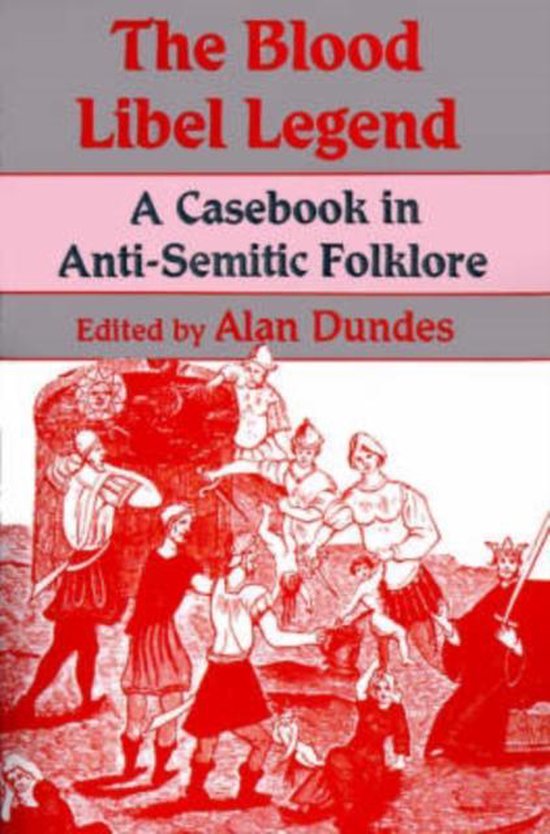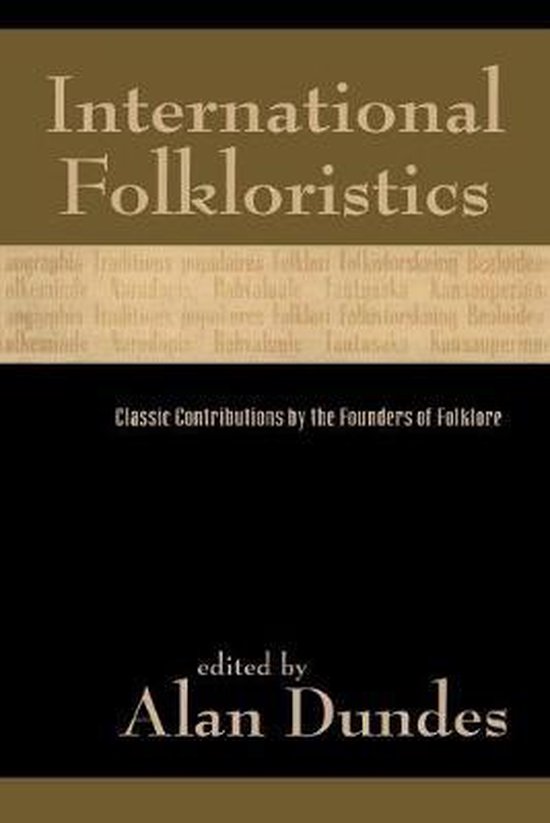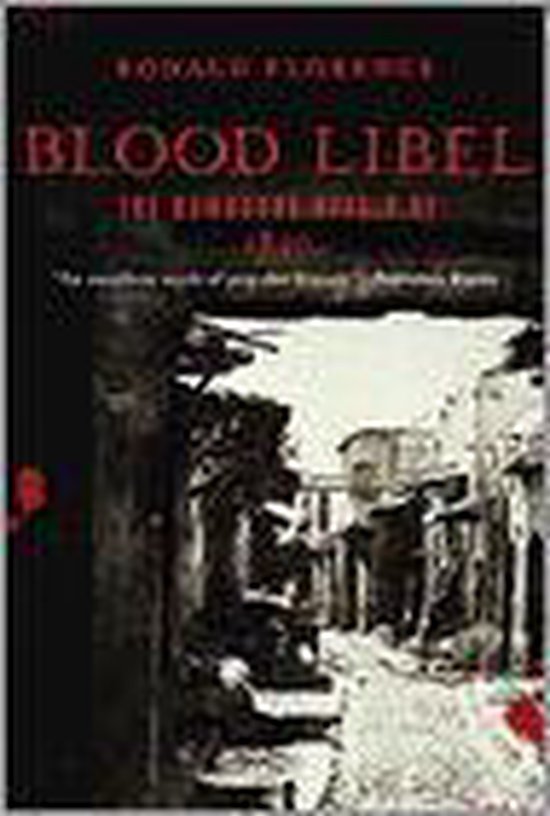
The Blood Libel Legend
According to the blood libel legend, Jews murdered Christian infants to obtain blood to make matzah. This volume examines the varied sources and elaborations of the legend. It deals with historical cases and surveys of blood libel in different locales, as well as literary renditions of the legend.
What do we know of the power of legend? How do we put to rest a vicious story, born more than nine centuries ago yet surfacing even today on American television talkshows? The infamous blood libel legend was partly responsible for the expulsion of Jews from Spain in 1492, the basis of persecutions and actual courtroom trials throughout Europe, and exploited in Nazi propaganda. Alan Dundes, in this casebook of an anti-Semitic legend, demonstrates the power of folklore to influence thought and history. According to the blood libel legend, Jews murdered Christian infants to obtain blood to make matzah. Dundes has gathered here the work of leading scholars who examine the varied sources and elaborations of the legend. Collectively, their essays constitute a forceful statement against this false accusation. The legend is traced from the murder of William of Norwich in 1144, one of the first reported cases of ritualized murder attributed to Jews, through 19th-century Egyptian reports, Spanish examples, Catholic periodicals, modern English instances and 20th-century American cases. The essays deal not only with historical cases and surveys of blood libel in different locales, but also with literary renditions of the legend, including the ballad ""Sir Hugh, or the Jew's Daughter"" and Chaucer's ""The Prioress's Tale"". These case studies provide a comprehensive view of the complex nature of the blood libel legend. The concluding section of the volume includes an analysis of the legend that focuses on Christian misunderstanding of the Jewish feast of Purim and the child abuse component of the legend and that attempts to bring psychoanalytic theory to bear on the content of the blood libel legend. The final essay by Alan Dundes takes a distinctly folkloristic approach, examining the legend as part of the belief system that Christians developed about Jews. This study of the blood libel legend should interest folklorists, scholars of Catholicism and Judaism, and many general readers, for it is both the literature and the history of anit-Semitism.
What do we know of the power of legend? How do we put to rest a vicious story, born more than nine centuries ago yet surfacing even today on American television talkshows? The infamous blood libel legend was partly responsible for the expulsion of Jews from Spain in 1492, the basis of persecutions and actual courtroom trials throughout Europe, and exploited in Nazi propaganda. Alan Dundes, in this casebook of an anti-Semitic legend, demonstrates the power of folklore to influence thought and history. According to the blood libel legend, Jews murdered Christian infants to obtain blood to make matzah. Dundes has gathered here the work of leading scholars who examine the varied sources and elaborations of the legend. Collectively, their essays constitute a forceful statement against this false accusation. The legend is traced from the murder of William of Norwich in 1144, one of the first reported cases of ritualized murder attributed to Jews, through 19th-century Egyptian reports, Spanish examples, Catholic periodicals, modern English instances and 20th-century American cases. The essays deal not only with historical cases and surveys of blood libel in different locales, but also with literary renditions of the legend, including the ballad ""Sir Hugh, or the Jew's Daughter"" and Chaucer's ""The Prioress's Tale"". These case studies provide a comprehensive view of the complex nature of the blood libel legend. The concluding section of the volume includes an analysis of the legend that focuses on Christian misunderstanding of the Jewish feast of Purim and the child abuse component of the legend and that attempts to bring psychoanalytic theory to bear on the content of the blood libel legend. The final essay by Alan Dundes takes a distinctly folkloristic approach, examining the legend as part of the belief system that Christians developed about Jews. This study of the blood libel legend should interest folklorists, scholars of Catholicism and Judaism, and many general readers, for it is both the literature and the history of anit-Semitism.
| Auteur | | Alan Dundes |
| Taal | | Engels |
| Type | | Paperback |
| Categorie | | Mens & Maatschappij |


